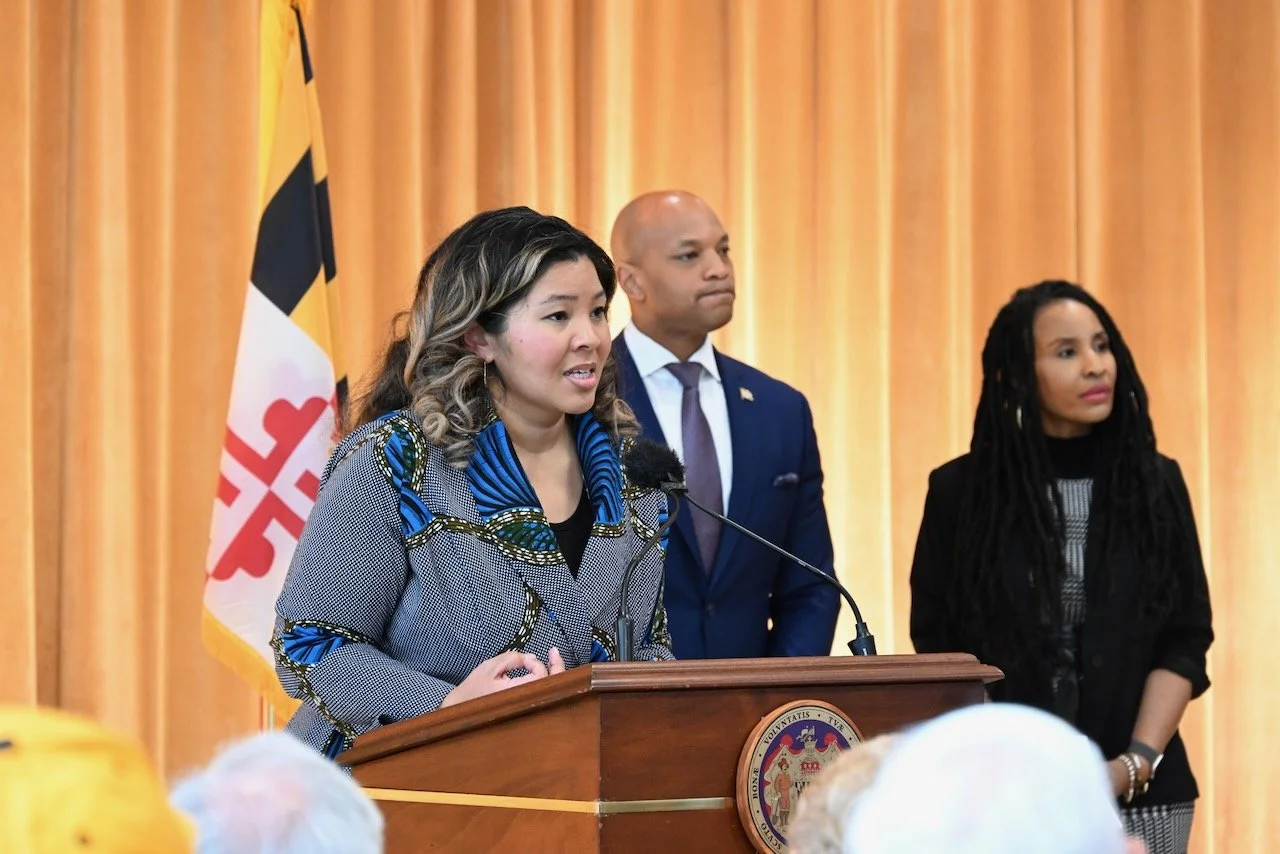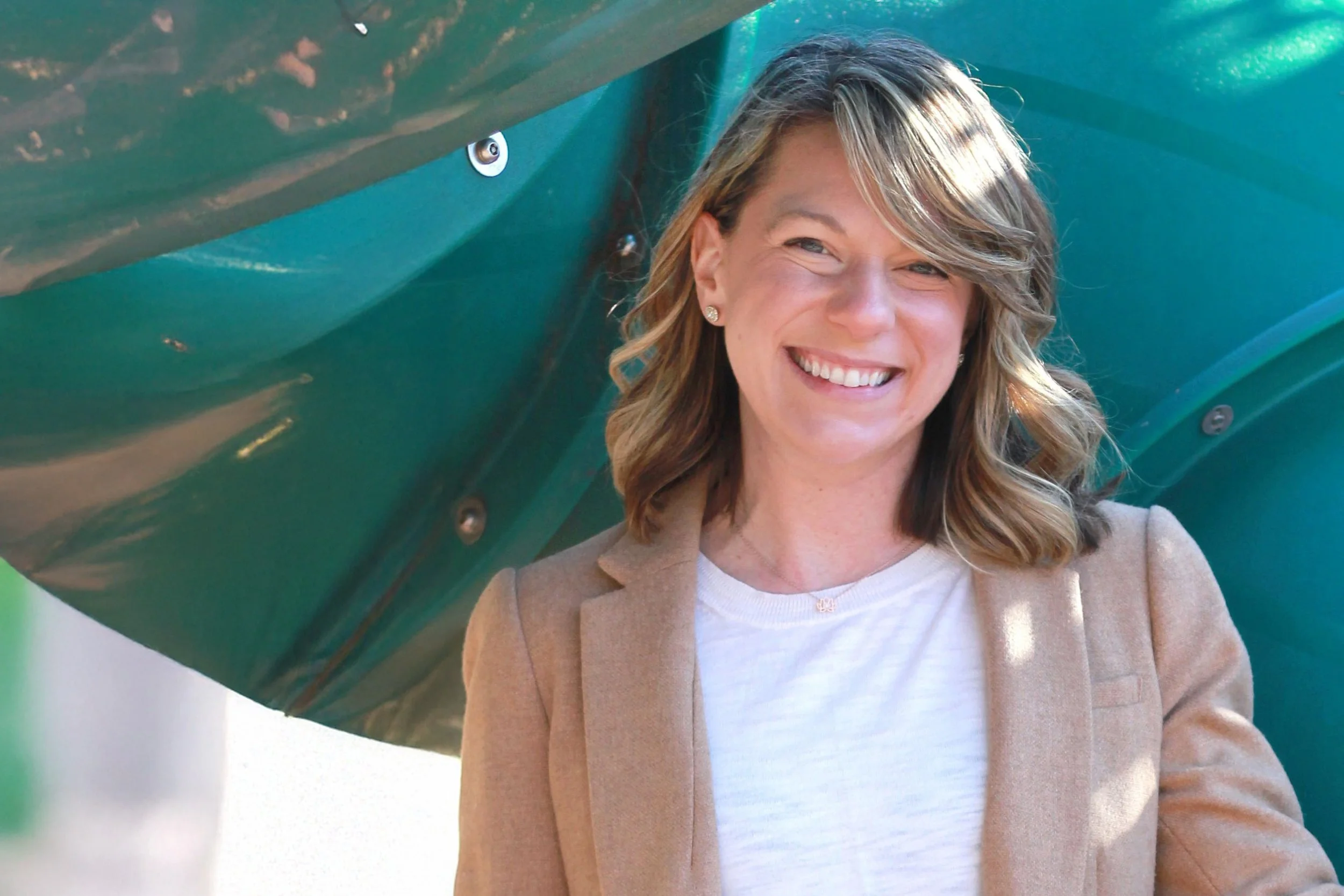Yuriko Oda talks about her app WheeLog! and the future of accessibility
Like many disabled people, Yuriko Oda didn’t realize how inaccessible her community was until she became a wheelchair user. Diagnosed with Distal Myopathy at 22, she became a wheelchair user by the time she was 26. In 2017, her experiences with inaccessibility inspired her to create WheeLog!—a map-based app that uses crowdsourced data to provide mobility access information on everything from transit stations to restaurants to navigation routes.
The Morgridge Family Foundation discovered WheeLog!’s important work when the startup won the 2020 Elevate Prize from MIT Solve, which is funded by MFF. MFF subsequently made two additional grants for a total of $55,000.
We spoke with Oda about the genesis of the app, its growth, and the future of access.
You created WheeLog! after becoming a wheelchair-user in your mid-twenties. What surprised you about your experience with mobility impairment and access? Why is access important?
When I started to use a wheelchair, I had no clue which bathrooms or restaurants were wheelchair accessible. At that time, I could still walk a bit. But as I eventually had to use a wheelchair all the time, I was surprised to learn that I can only enter a bathroom or space that had a wide enough door to pass through in my wheelchair. Finding wheelchair-accessible stores was also a challenge, and it made me realize that there were many things I couldn’t understand until I experienced them myself.
How did your personal experience with disability inspire and influence your creation of WheeLog!?
Experiences shared by wheelchair users like me have been incredibly valuable. Witnessing others navigate similar challenges inspired hope within me. If they could do it, perhaps I could too. Additionally, sharing my own journey felt fulfilling knowing I could help others in similar situations. In January 2014, I launched the YouTube channel Wheelchair Walker where I uploaded videos on various aspects of wheelchair accessibility, from boarding airplanes and Japan’s bullet trains to exploring wheelchair-friendly activities like mandarin orange picking and conveyor belt sushi restaurants. However, the constraint of posting only once a week made me realize the need for a platform where accessibility information could be shared by everyone. This realization led to our participation in the Google Impact Challenge, where we won the Grand Prize in March 2015. Subsequently, we began developing the WheeLog! application to facilitate the dissemination of accessibility-related information.
WheeLog! was initially created around your home city, Tokyo. How has WheeLog! expanded outside of Japan?
WheeLog! can currently be used all over the world and I truly want it to be accessible to as many people as possible. The app is already available in ten languages and we have been consciously working to raise awareness among people overseas. In September 2018, we were awarded two prizes, one from the Morgridge Family Foundation and one from General Motors at MIT Solve. Winning the MIT Award from The Morgridge Family Foundation was an especially significant turning point. At that time, my husband and I were the only ones working on the project, but after receiving the award, Carrie Morgridge advised us on the importance of hiring staff to expand our work. In November 2018, we hired our first Japanese staff member who speaks Chinese.
We were also selected as Global Innovators at Expo 2020 Dubai. Through applying for awards overseas, we have had the opportunity to reach not only people in Japan, but also people around the world. Being recognized internationally has boosted our confidence. Currently, we have a dedicated Japanese staff member who speaks English and Spanish, and we hope to continue expanding globally. We will continue to develop an app that can contribute not only to Japan but also to the world.
Disabled people in particular often have to rely on crowd-sourcing out of necessity due to a lack of formal infrastructure or aid. Do you see WheeLog! as not just an information site, but also a community space?
WheeLog! features a function called “Chirps,” which allows users to share tips and questions that may not be available on maps. Connecting with others fosters a sense of security. Many describe our app as the “warmest” map in the world, as numerous individuals share information to encourage others to go out. Moreover, we aspire to cultivate the warmest community through our app—a space where everyone, regardless of mobility, can feel safe.
For the world to become more accessible, the app must evolve into a community space that engages people in these initiatives. I hope to continue developing a system that resonates with people and demonstrates that, even while using a wheelchair, we can make positive contributions to others.
Can you talk more about WheeLog!’s work with advocacy and research? How is WheeLog! contributing to greater access in the built environment?
I believe there are improvements that only wheelchair users, who have difficulty moving, can recognize, so we need to carefully consider each voice that comes up in our community. Through advocacy efforts, we aim to create a world where everyone can live comfortably, even those who currently don’t require accessibility measures. That’s why we’ve consistently advocated to the Ministry of Land, Infrastructure, Transport and Tourism, for whom we were able to offer the extensive feedback from our users to inform revisions to the ministry’s architectural design standards.
Since my father is an architect and former university professor and the staff currently working for the organization specialize in architecture, we want to contribute to the field of architecture in the future. We’re also planning projects to foster collaboration with local governments. On a daily basis, the accessible information/survey by app users are integrated. We are also integrating accessible information from the open data of local municipalities and conducting accessible surveys of facilities. Our goal is to evolve into an organization that not only impacts the digital realm, but also makes tangible differences in the real world.
At the end of 2023, we received the Prime Minister’s Award at the 7th Japan SDGs Awards. We are committed to contributing to the principle of leaving no one behind in SDGs. Specifically, we are promoting activities for which both people with disabilities and those without disabilities can contribute to creating an accessible environment.
How do you see WheeLog! expanding?
We are still in the early stages of development. It’s been almost seven years since the app was released. We need to keep up with major updates. To do that, we will conduct sponsorship and crowdfunding campaigns to raise funds. We have decided not to make the app a paid service for wheelchair users because it would create an information gap due to economic disparities, so we need to gather support from many people to make it feasible. We will always strive to engage supporters in activities they can feel good about supporting. In the next few years, we want to develop a greatly upgraded app that utilizes the latest technology. We want to increase both the quantity and quality of information so that people can enjoy the city with peace of mind because WheeLog! is there. We want it to become part of the infrastructure.




